Using QR codes for real estate marketing
- Event registrations
- Inquiries
- Agreements and forms
- Newsletter subscriptions
- Testimonials
- Contact information
In the highly competitive real estate market, it’s important to engage potential buyers and sellers with an easy, stress-free, and streamlined marketing process — and to make marketing materials easy to find and access. Quick response (QR) codes are a great way for real estate agents to attract customers, showcase properties, and grow their business. Here’s how they work.
6 ways to use QR codes for real estate marketing
QR codes are like barcodes. Scanning a QR code with a smartphone can take a user to a website or show them more information, such as a message or discount code.
In real estate marketing, QR codes can make it easy for agents to send buyers and sellers more information about properties, in addition to sharing specific websites or listing pages. “The real estate industry has really embraced the use of QR codes,” says Matt Strutte, head of growth at Blinq, a digital business card provider. “From listing signage, billboards, digital business cards, and beyond, realtors have been at the forefront of QR code creation and sharing.”
Here are just a few ways to use QR codes in real estate.
Event registrations
For open houses and related events, real estate agents can place QR codes around the space that take users to a registration form where they can leave their contact information. They can also add QR codes to digital event registration forms that users fill out, with the code programmed to show additional information about the property.
Inquiries
Real estate agents are frequently on the go, meeting with clients and visiting homes and offices. As a result, it can be difficult for prospects to reach them. To make it easier, real estate agents can create marketing materials with QR codes that take users to a contact form.
Another option is to add a QR code to a rental form or property inquiry form and embed the real estate agent’s cell phone number or email address in the QR code.
“For buyers, sellers, and agents, QR codes can help quickly grow your network,” says Strutte. “In doing so, you rapidly increase the pool of active customers in your marketplace. And that means closing deals faster, which is a win-win for everyone.”
Agreements and forms
There’s a lot of paperwork in real estate, from rental agreements and liability waivers to homebuyer checklists. To ensure it’s easy for clients to find the information they’re looking for, real estate agents can use QR codes on forms to send clients to the correct file. For example, there may be a QR code on a buyer questionnaire that takes the user to listings of available properties.
Newsletter subscriptions
Real estate agents commonly market their properties and services through email marketing newsletters. To grow their subscriber base, agents can include QR codes that link to a subscription form on all of their key paperwork. This makes it easy for clients to sign up to receive information.
Testimonials
Trust is paramount in real estate, and one of the ways agents build credibility is through word of mouth and personal testimonials from clients. Gathering testimonials isn’t easy, so having a simple form where clients can leave details about their experience is a good way to get the information you need. Real estate agents can use a QR code to link to this form from other materials, such as closing agreements.
Contact information
“Realtors often get a bad rap from clients for a lack of communication throughout the buying and selling process,” says Strutte. “But how many times is that due to a lack of available contact information? Why do we put up with the battered (or lost) paper business cards on (or underneath) the fridge?
“Scanning a QR code can save all of your agent’s contact details into your phone in a couple of taps. Simple! No more frustration when trying to get a hold of your agent or client at a crucial moment.”
How to set up real estate QR codes with Jotform
Time is money, as they say, so it’s important to have a quick and easy way to set up QR codes for your real estate business. Follow these steps to easily add QR codes with Jotform.
1. Create an online form using Jotform. With this intuitive form builder, real estate agents have access to dozens of custom form templates related to their business. From advertising to event registration, each template is fully customizable, right down to the nitty-gritty details.
2. Add a QR code. Jotform not only creates forms — it generates QR codes as well. Using the QR code widget, real estate agents can add a QR code to any form they create and encode it with a URL, text, or numbers. For example, it’s possible to encode a QR code with a link to more details about a particular property.
3. Share the form with a QR code. Agents can also use a QR code to share forms. After customizing a form with Jotform, click Publish to see the option to generate a QR code for it. You can add the code to a flier, business card, or signage for easy scanning.
Engaging buyers and sellers can be easy with the right marketing tools. With Jotform, real estate agents can streamline their marketing and operations processes using QR codes.
Photo by Quang Nguyen Vinh



























































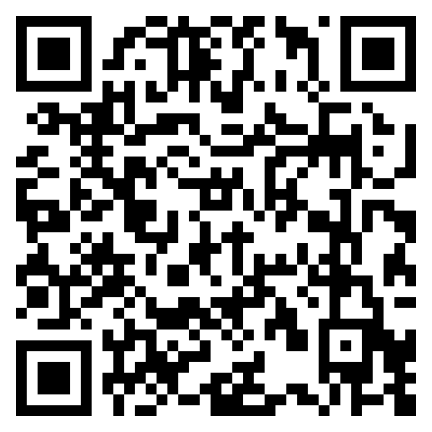

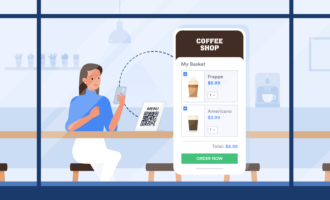


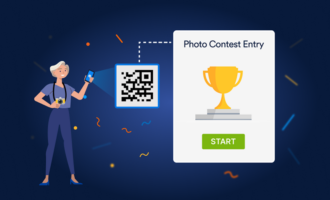




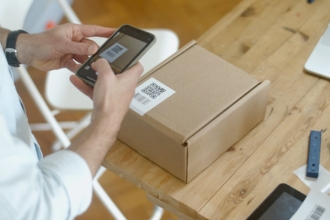
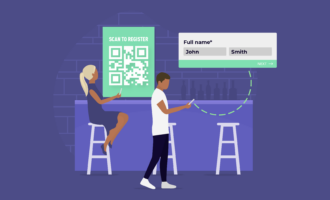





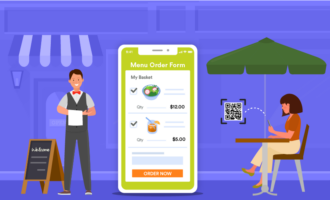
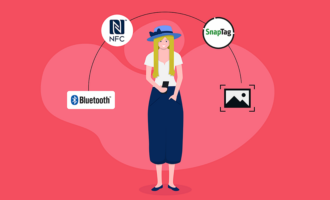

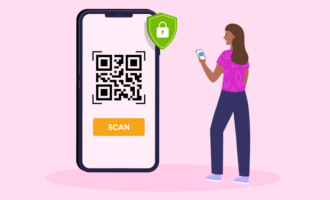



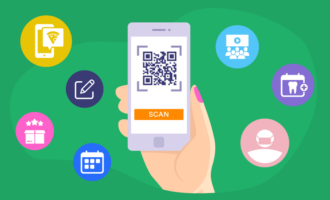









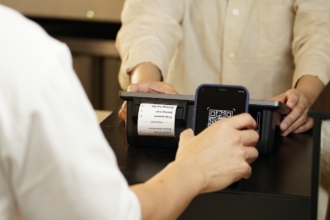



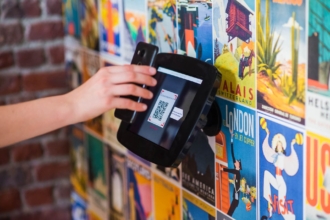






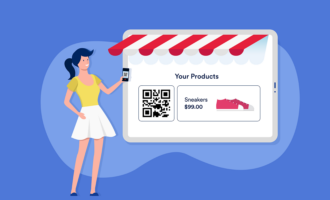


Send Comment: